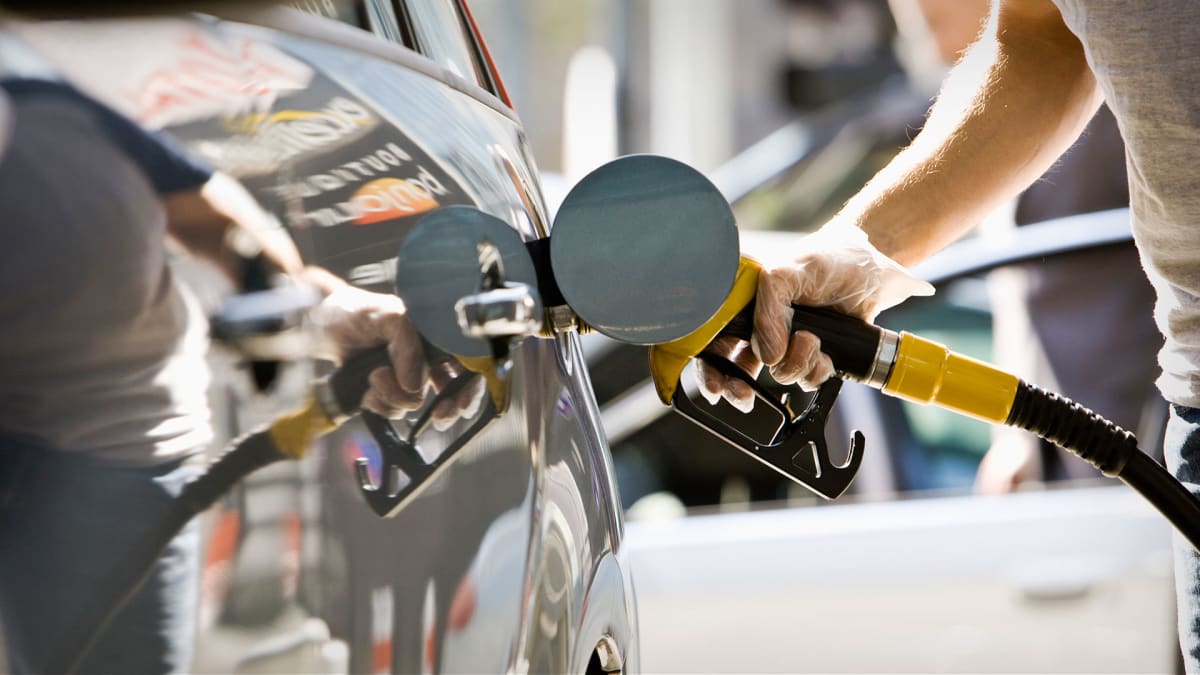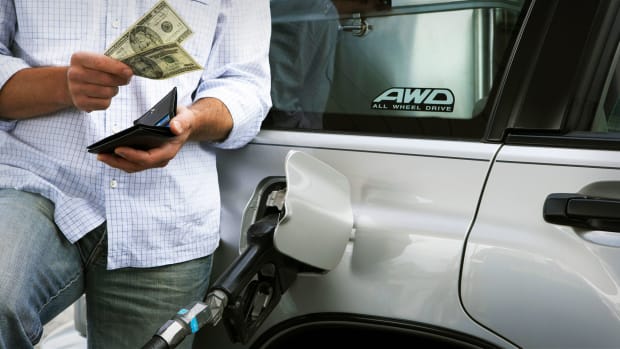
Holy Sheetz!
That may sound naughty, but it's really highlighting a move by Sheetz, a mid-Atlantic gas station, restaurant and convenience chain.
The company has lowered its price for flexible fuel to $1.85 a gallon through April 30.
Flexible fuel, or E85, is a gasoline-ethanol blend containing between 51% and 83% ethanol, depending on the geography and season, according to the U.S. Department of Energy.
The national average price for a gallon E85 gas on April 18 was $3.074, up from one day earlier when it cost $3.065 a gallon and from a week ago when it was $2.984, according to the American Automobile Association.
The flex fuel averaged $2.814 per gallon last month.
Meanwhile, the average price of gas in the U.S. is $3.66 per gallon, according to GasBuddy.

Getty Images
Flex-Fuel Vehicles on the Road
E85 is offered at more than 375 Sheetz stores throughout Pennsylvania, West Virginia, Virginia, Maryland, Ohio and North Carolina, the company said.
Pearson Fuels has an online tool for consumers to determine if their vehicles is approved for flex fuel.
More than 4,200 public E85 stations in 44 states offer high-level ethanol blends to the more than 27 million flex-fuel vehicles on U.S. roadways.
E85 has historically been more widely available in the Midwest and Great Plains than in other regions of the United States due, in part, to these states being the main ethanol producers in the country, the DOE said in a January report.
California’s high concentration of E85 stations is due largely to the state’s Low Carbon Fuel Standard, the report said, which requires a reduction in the carbon intensity of transportation fuels and for fuel producers and importers to meet specified average carbon intensity requirements.
The DOE said some alternative fuels are more expensive and require technological upgrades, several years of vehicle acquisition and transition, and new fueling infrastructure.
Expanding Consumer Use
E85 fueling infrastructure, however, "is widely available or otherwise cheaper to install than other alternative fueling infrastructure due to its similarity to and adaptability with gasoline infrastructure."
Nothing is perfect in this life, of course, and there are some concerns about E85, such as lower mileage, since it contains less combustible energy per unit volume compared with traditional gas.
Others have warned that ethanol absorbs dirt easily, which can potentially corrode and damage a vehicle's engine.
"The biggest challenge in expanding consumer use of E85 is educating consumers on its use and compatible vehicles," the DOE report said. "E85 is not alone in that challenge, as other (Alternative Fuel Vehicles) are experiencing the same problem."
In particular, the report said, "dealerships and salespeople are not trained on how to educate consumers on the vehicles they are purchasing."
"Successfully addressing the knowledge gap will help E85 reach its growth potential," the DOE said.







